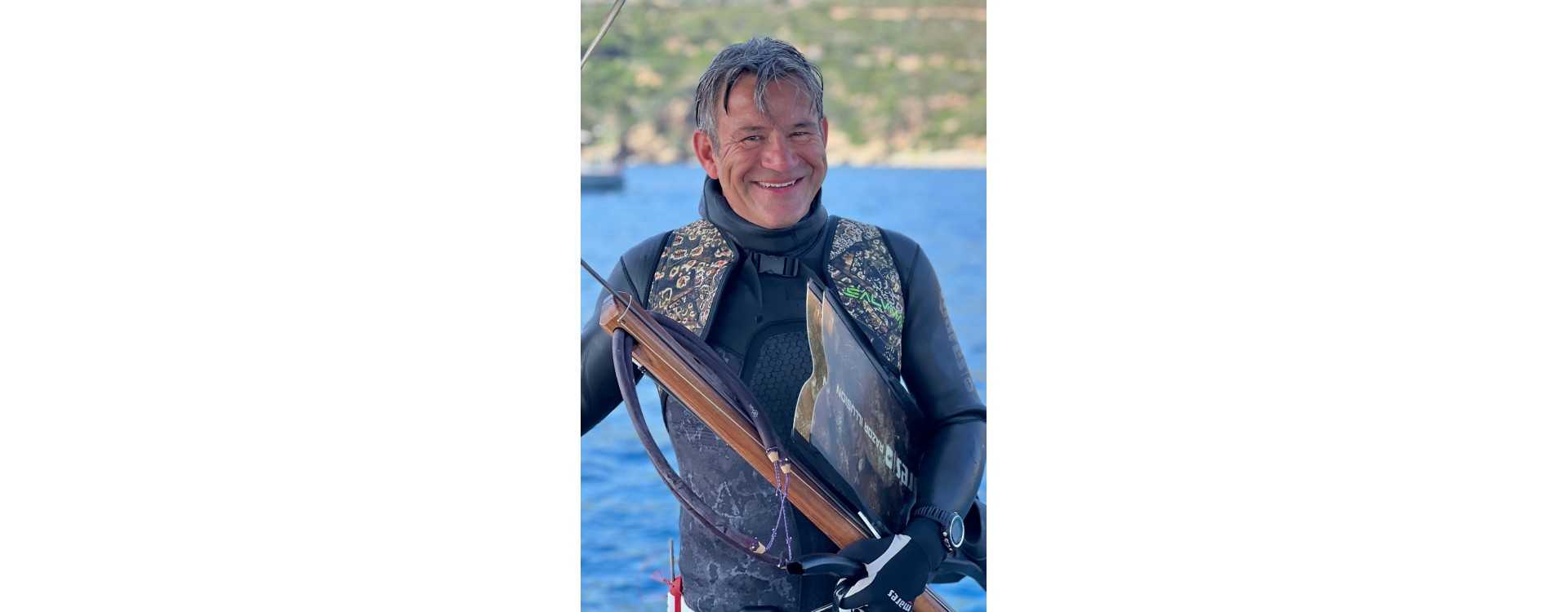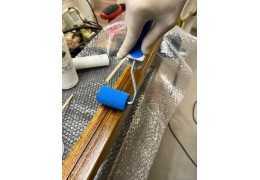Indoor pool training on Friday 15 December 2023 was a highlight.
Ethical and ecological thoughts on spearfishing

Spearfishing, fishing with a harpoon, is a controversial topic that sometimes triggers heated debates. SCUBA divers in particular often see spearfishing as a red rag. But in the world of freediving, where divers explore the underwater world with just one breath, spearfishing is usually seen as an enriching addition to this fascinating activity.
Freediving is a sport that forces the diver to concentrate on his body and his breathing. It is a discipline that requires both physical and mental strength. In this context, spearfishing can be seen as an extension of freediving. It requires similar skills and fosters an even deeper connection with the underwater world.
Spearfishing under apnoea conditions is a sustainable way of catching fish. It allows divers to fish selectively and only take what they need, i.e. what they eat themselves. This selective way of fishing minimises the impact on the marine environment and promotes responsible use of the ocean's resources.
It is important to emphasise that spearfishing, like any activity carried out in nature, should be carried out with respect and awareness of the environment. The underwater world is a fragile ecosystem that must be protected and preserved. Every diver who chooses to go spearfishing should be aware of this responsibility and strive to minimise their impact on the environment.
To summarise, spearfishing can be an exciting and enriching addition to freediving. It offers a new dimension of engagement with the underwater world while promoting sustainable and responsible use of the ocean's resources. However, as with any activity practised in nature, respect for the environment should always be paramount.
Spearfishing is prohibited in Switzerland, but is widespread and culturally anchored in the Mediterranean.

Beschreibung des Selbstbaus einer Speargun (Harpune für Unterwasserjagd)